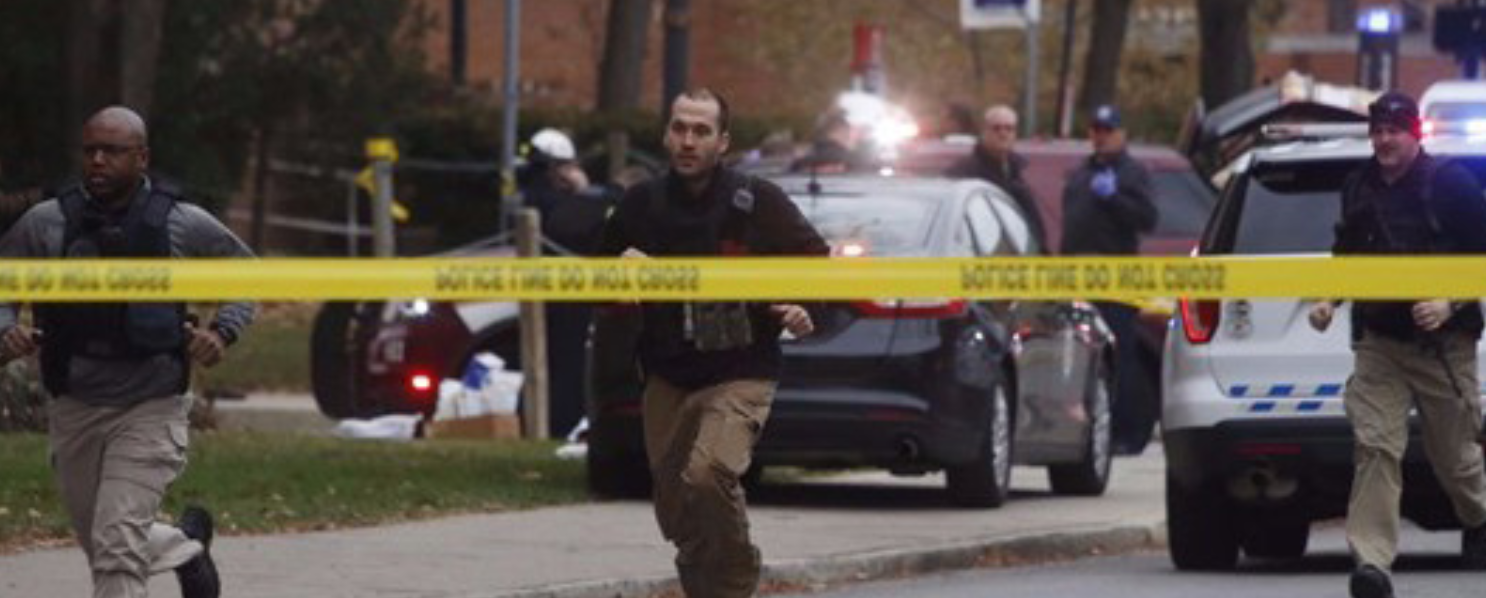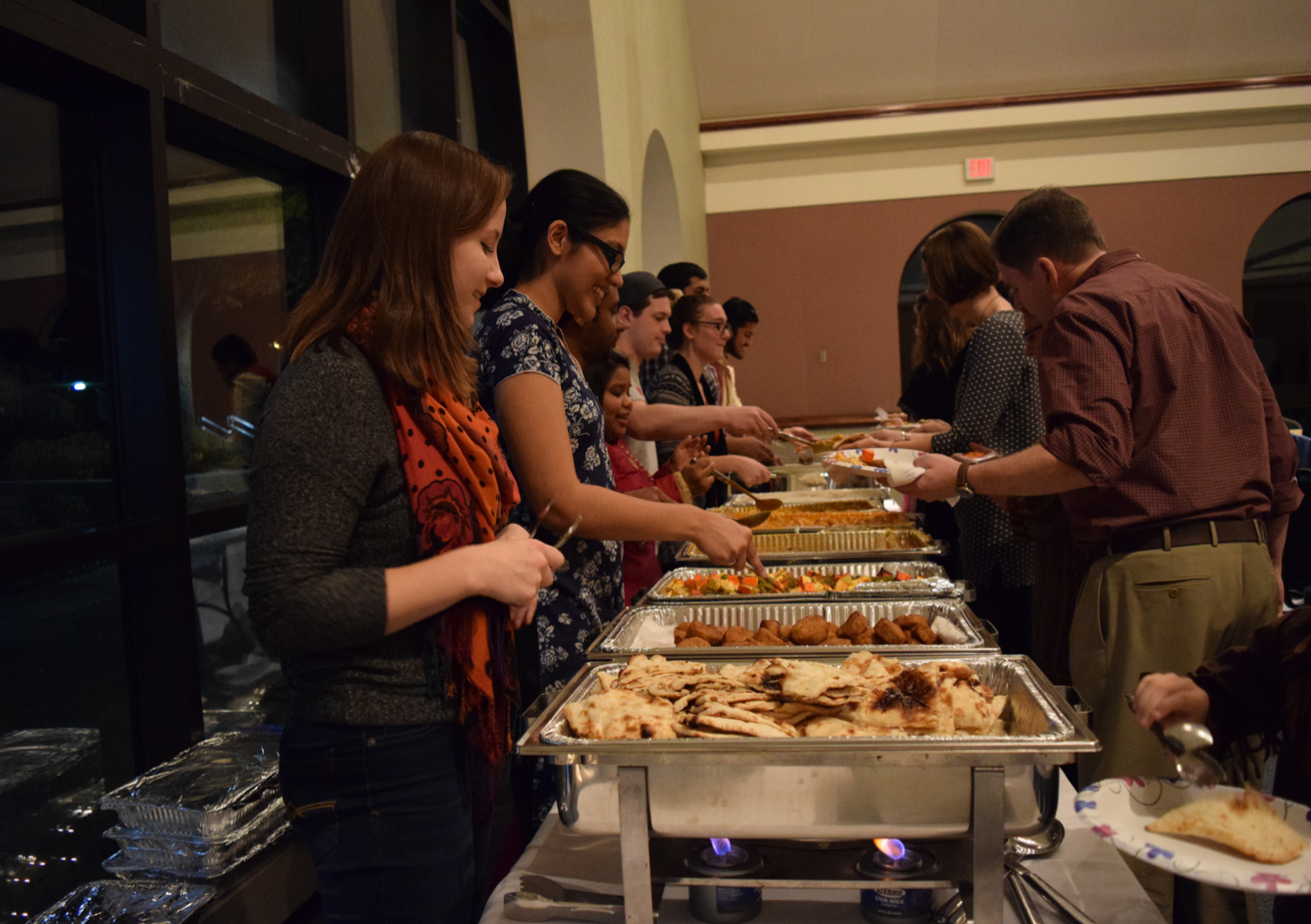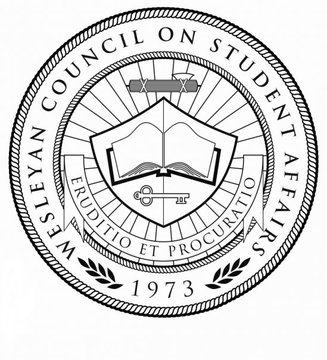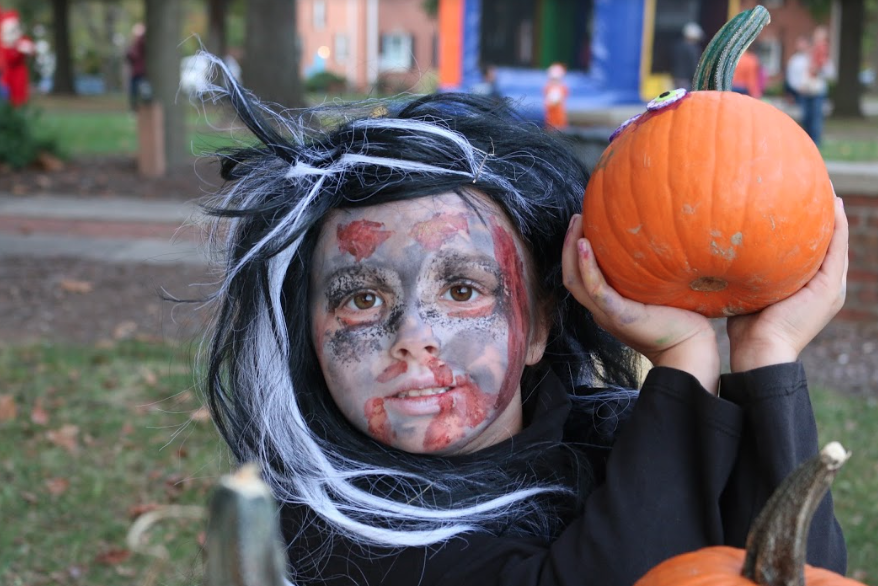By Shamayeta Rahman, Transcript Reporter
To most Ohio Wesleyan students, Thanksgiving is a time for turkey and time together with the family.
However, those who are thousands of miles away from home are often left to spend this American tradition on an empty campus.
Most international students and some domestic students who live far away choose to stay on campus during Thanksgiving break, finding the long journey too unfeasible for such a short trip.
Although there are programs that set up these students with local families who welcome them into their homes for Thanksgiving Day dinner, most are left to celebrate on their own or with fellow peers who are staying behind.
Residential Life charges $27 per night for anyone choosing to stay behind over break.
Despite the extra cost, there are no on-campus food options available during the break, so these students often have to eat outside or cook for themselves during this time, making it even more expensive to stay behind over break even if they have no other options.
“It is OK for the most part, except on Thanksgiving Day when everything is closed,” said senior Urvija Rishi, an Indian international student who stayed behind for break.
Senior Kyul-El-Lee, a Korean international student, agreed to having the same problem, but spoke about how
he went to a Korean Church nearby on Thanksgiving Day.
The church usually hosts meals open for everyone, and Lee said he really appreciated the combination of traditional American and Korean food they served there.
“It is really nice that they host these events for the community; it really helps us to feel a lot more at home when [nobody is] around,” Lee said. Hamburger Inn also serves a free Thanksgiving meal for the community along with a few other churches in the city.
Unlike Lee, Rishi spent her Thanksgiving cooking cuisines from her own culture using the time and opportunity that the break provides to make it a more personalized holiday experience.
“Even though we don’t celebrate it back in India, Thanksgiving makes me homesick seeing everyone back with their families,” Rishi said.
“I cooked butter chicken and biriyani to recreate that feeling of home even though I was in my residence hall.”




